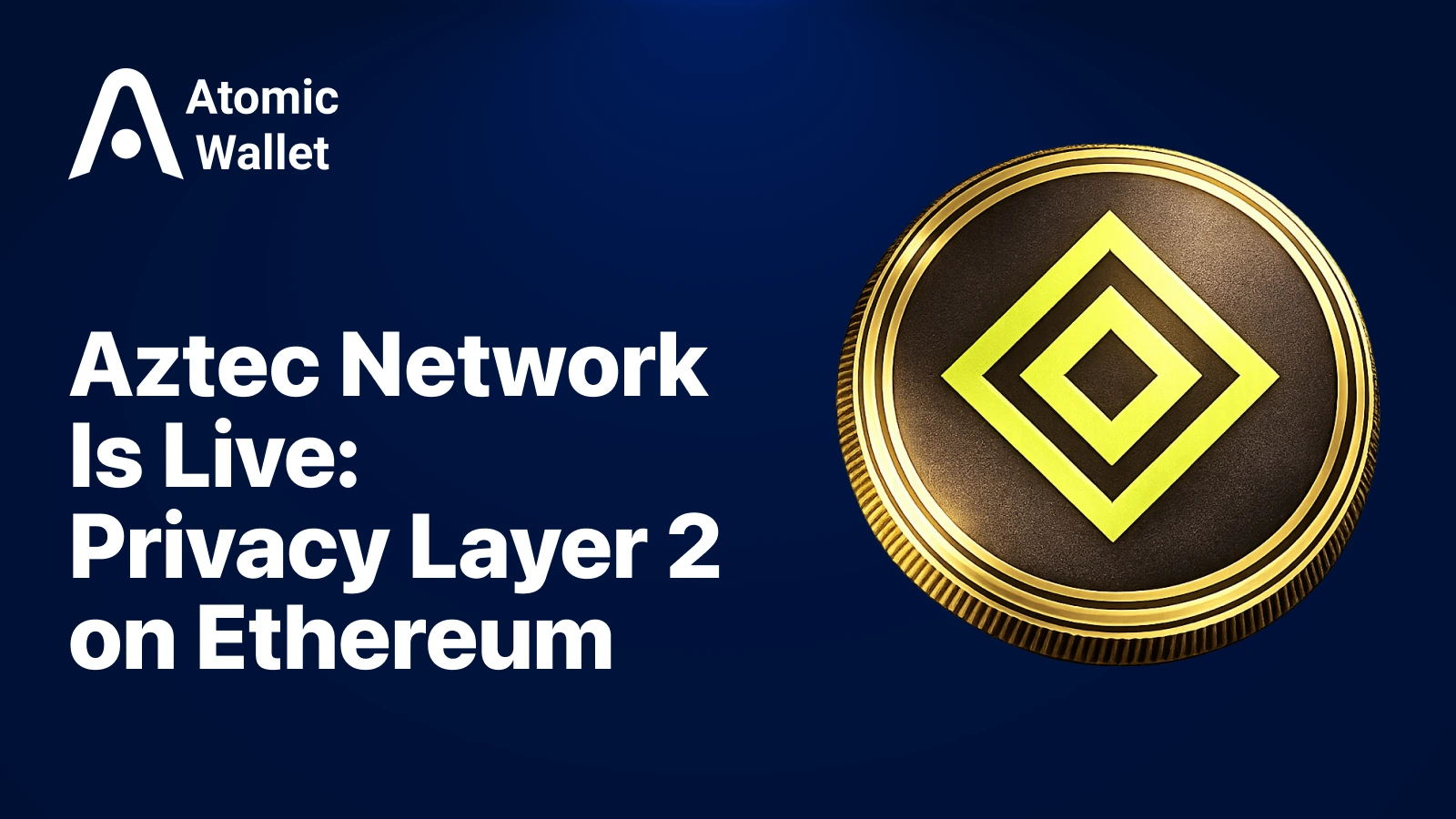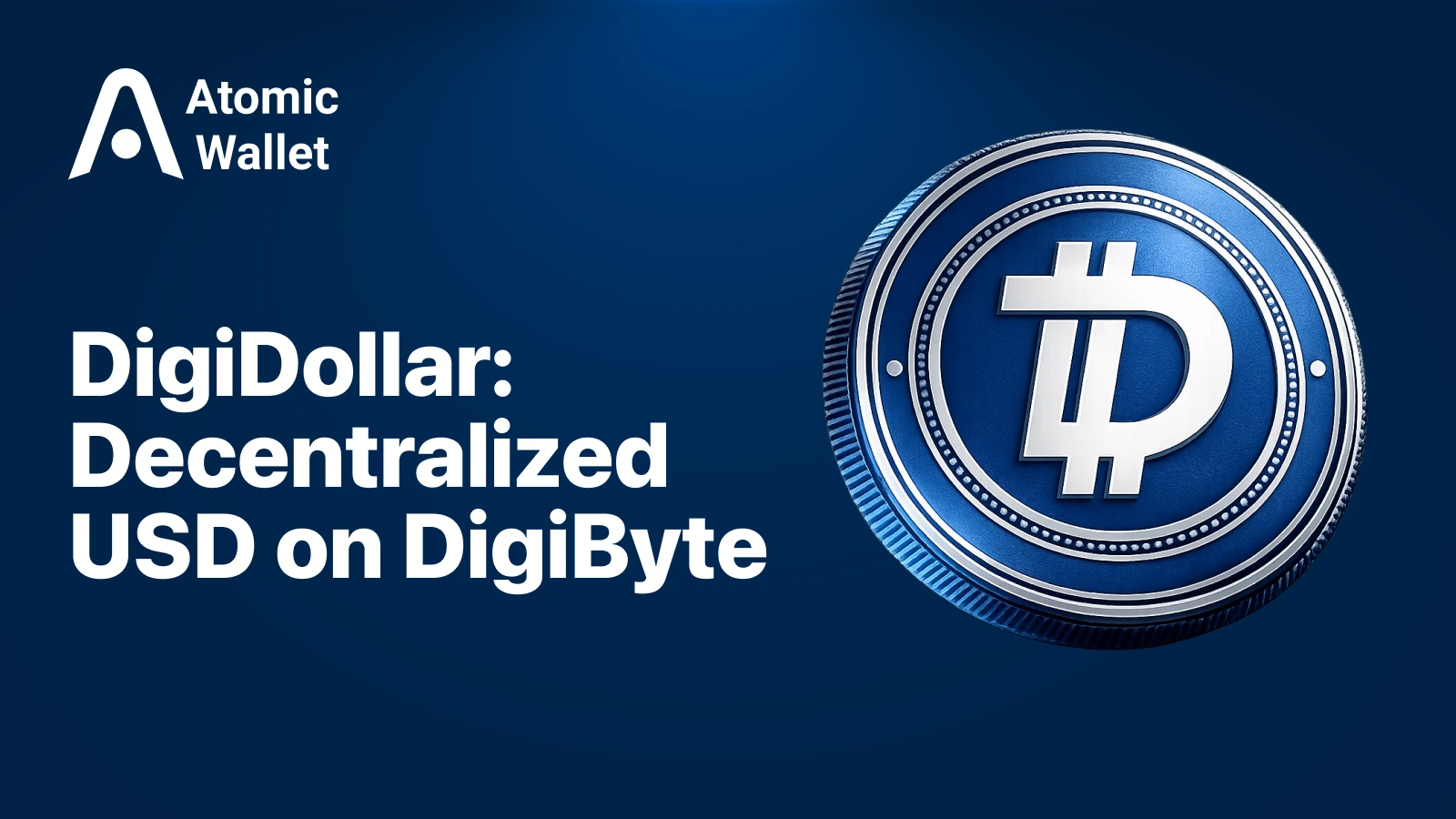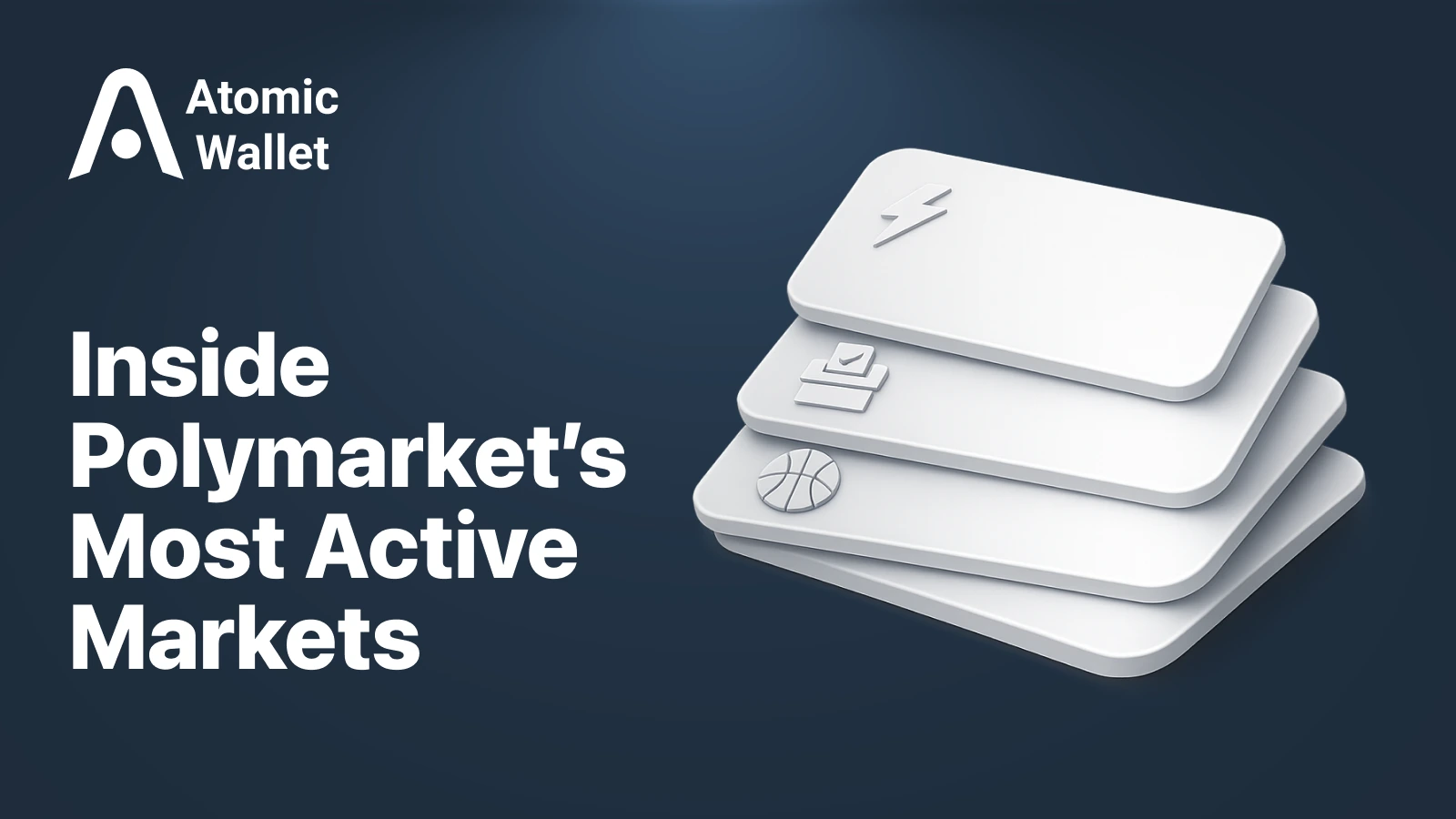Assets

Exchange

Buy Crypto

Products




Introducing Ontology (ONT), a decentralized identity and data solutions platform, deployed on its self-built layer-1 blockchain, that is fully compatible with the Ethereum Virtual Machine. It offers a framework for decentralized identity, enabling users to own and manage their personal information securely. Additionally, Ontology provides data management solutions that prioritize privacy.
Users who interact with Ontology pay for transactions and participate in governance using the native $ONT token. It has a total supply of 1 billion and a market capitalization that generally places it among the top 250 coins on Coingecko.
The team and community argue that these features have the potential to reshape how individuals and businesses interact online, making the digital world safer by reducing the capacity of nefarious actors to commit identity fraud. This blog will delve into Ontology's key features, tokenomics, and price history.

Ontology was founded in 2017 by Jun Li, a respected figure in the blockchain industry who continues to play a leading role in the project’s development. Jun Li and his team initially launched Ontology alongside Onchain, a company specializing in blockchain solutions for businesses. Please note that Ontology was later established as a separate entity.
Seeking to address challenges in traditional online identity and data systems, Ontology launched its mainnet blockchain in June 2018. Its focus on decentralized identity soon garnered attention, and the project's growing development community quickly propelled the ONT token’s market capitalization above $100 million.
Over time, the platform has expanded its capabilities, introducing decentralized data exchange frameworks and its ONT ID protocol. According to the official website, the project has formed partnerships with several high-profile businesses in China and Japan, including ZAICO and ROCKI, and in 2023 opened an office in Germany.
To achieve its goals of scalability, efficiency, and security, Ontology employs a unique consensus mechanism known as Verifiable Byzantine Fault Tolerance (VBFT). Let's break down what this means:
This hybrid approach offers several advantages compared to traditional consensus mechanisms. First and foremost: speed. Ontology's mainnet can handle thousands of transactions per second (TPS), a significant advantage over slower protocols like Ethereum. Furthermore, its PoS-based system avoids the energy-intensive "mining" required by Proof-of-Work blockchains, like Bitcoin.
Traditional identity systems rely heavily on centralized entities, like corporations or governments, to store and manage personal data. This creates vulnerabilities, exposing users to data breaches and targeted advertising, while limiting control over their information. Ontology seeks to move away from this model through decentralized identity.
ONT ID is a framework that allows users to create verifiable digital identities they fully own and control. Imagine a digital passport that contains authenticated credentials such as proof of citizenship, educational degrees, or employment history. With ONT ID, a user can choose which pieces of this verified information to share with online services, all without the need to rely on a centralized authority.
Arguably, the blockchain-based solutions provided by Ontology minimize the amount of personal data stored on third-party platforms, reducing the risks associated with hacks and leaks. Users gain more granular control over how their identity data is used. ONT ID also has the potential to streamline online verification processes, eliminating redundancy and enhancing user experience.
While offering significant advantages over centralized systems, decentralized identity solutions like Ontology's ONT ID also present challenges:

The issues with Web2 data solutions are very similar to those faced by basic digital IDs, in that they generally involve users entrusting their personal information to centralized entities. This concentration of data creates security risks and a lack of transparency for individuals and businesses regarding how their data is used. Ontology aims to address these concerns with its Decentralized Data Exchange Framework (DDXF).
The DDXF enables users and businesses to maintain ownership over their data while facilitating secure sharing and potential monetization in a decentralized marketplace. Users retain the power to decide who can access their data and under what conditions. If desired, they may be able to receive compensation in exchange. This shift promotes greater transparency and gives users more direct control over an increasingly valuable digital commodity - personal data.
The value of our data cannot be overstated. Tech giants and social media platforms earn billions of dollars every year simply by harvesting user data and effectively selling it to the highest bidder. The result is highly targeted advertising campaigns that leverage personal data and behaviors that most consumers arguably never agreed to sell.
Ontology utilizes a dual-token system consisting of the Ontology Token (ONT) and Ontology Gas (ONG). This model adds flexibility to the platform's economics and supports various use cases.
ONT:
ONG:

Understanding the Dual-Token System
According to the developers, the separation between ONT as a governance tool and staking asset and ONG as a utility token allows Ontology to balance long-term sustainability with day-to-day transactional requirements better. This design offers several advantages.
Staking ONT provides incentives for securing the network while creating a predictable supply of ONG. This division of purposes helps promote price stability and ensures a clear distinction between the role of investors/stakers and those actively using the network for decentralized applications and value transfers.
ONT’s circulating supply is 900 million, meaning 90% of the total supply has already been released. It hit an all-time high in 2018, reaching just over $10, but suffered a massive crash in the following years.
Unlike the majority of altcoins, $ONT had a disappointing 2021. It barely managed to reach $2 before the bull run came to an end. During the darkest days of the 2022 bear market, it crashed below $0.2.
The most recent bull run has been kinder to $ONT holders. In the past year, it has rallied by around 40%, driving its market capitalization above $350 million; however, even at $0.36 (which is the price of ONT as of writing in April 2024), it is trading at a 96% discount on its all-time high.

With its decentralized identity and data solutions, Ontology offers an alternative vision of a more secure and user-controlled digital world. It focuses on giving individuals and businesses greater power over their digital lives, aligning with the core principles of Web3.
The project has been around for several years now and will almost certainly continue to have a place in the increasingly crowded market. However, the $ONT token has struggled since reaching its all-time high in 2018, and without a major announcement from the Ontology team, it’s very unlikely to reach $10 in the foreseeable future. Nonetheless, the project’s focus on genuine utility is a breath of fresh air.
Disclaimer: The information provided in this blog is for informational purposes only and does not constitute financial advice. Cryptocurrency markets are highly volatile; always conduct thorough research and invest at your own risk.

Learn what Aztec Network is, how its privacy Layer 2 works, and what the AZTEC token launch means. Explore AZTEC staking, programmable privacy, and how Aztec differs from other Ethereum L2s.

DigiDollar is a decentralized USD stablecoin built on DigiByte, using time-locked overcollateralized DGB for non-custodial liquidity. Now on testnet.

Explore the most active and profitable Polymarket categories in 2026. Learn how politics, sports, crypto, AI, and macro markets differ by liquidity, volatility, and risk — and why category choice matters as much as prediction.